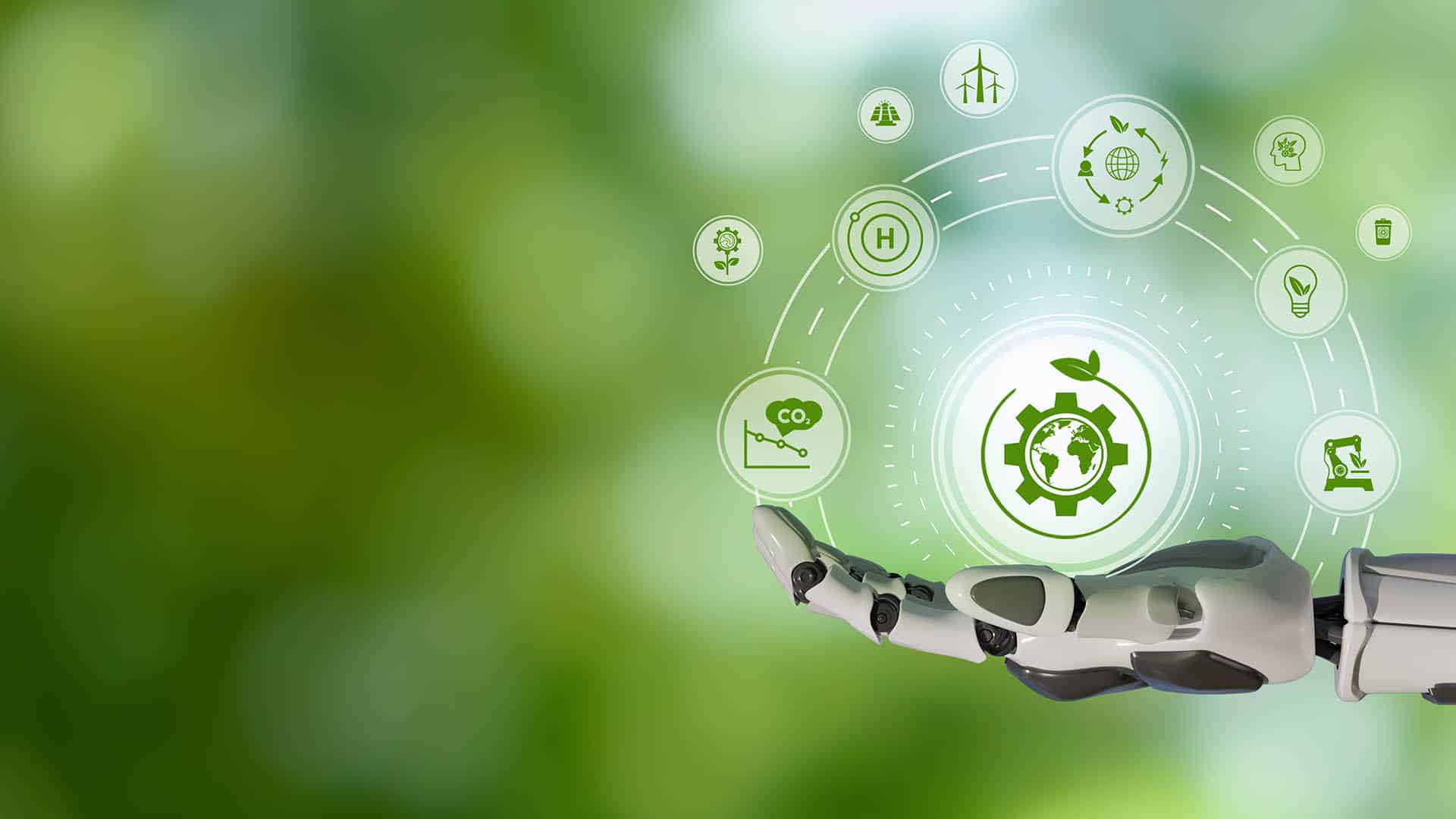Found this helpful? Share it with peers.
Introduction
The challenges of 2023, marked by digital transformation, Generative AI, pandemic aftermath, and global crises, underscored the importance of agile adaptation for companies worldwide. Swift adjustment to market dynamics and evolving customer expectations have become paramount for securing a competitive edge. In this context, Business Process Management (BPM) stands out as a linchpin for success.
Entering 2024, BPM undergoes accelerated evolution driven by automation, low-code/no-code platforms, and process mining. The tools supporting BPM processes are now more automated, intelligent, and user-friendly, empowering both citizen developers and process experts. With higher maturity, expanded reach, and enhanced measurability, BPM offers unprecedented opportunities for impactful outcomes.
Looking ahead to the future of BPM in 2024, four key trends are poised to shape the sector in this dynamic era.
Hyperautomation
Hyperautomation surpasses traditional process automation, extending beyond repetitive tasks. While conventional automation targets mundane activities, hyperautomation integrates advanced technologies like Artificial Intelligence (AI), Machine Learning (ML), and Robotic Process Automation (RPA). AI and ML enable decision-making, learning from data, and continual improvement. RPA, on the other hand, automates rule-based, repetitive tasks involving interactions with diverse digital systems. This evolution transforms hyperautomation from simple task automation to a sophisticated approach capable of orchestrating complex business processes. Rather than automating individual tasks, it organizes a sequence of interrelated tasks and decisions across various business functions, using a combination of technologies to enhance efficiency beyond the capabilities of traditional, single-technology automation.
Implementing hyperautomation, therefore, isn’t just a technological shift but a strategic one. Meticulous planning is essential, to properly align automation strategy with overall business goals. As tasks automate, job roles may be redefined, requiring careful change management and potential upskilling for new roles.
Some of the benefits of hyperautomation include:
Increased Productivity
Frees employees for more strategic tasks.
Reduced Costs
Diminishes manual intervention, lowering operational costs.
Enhanced Accuracy
Ensures higher consistency in business operations.
Agility
Enables faster adjustments to market changes.
In industries like finance and healthcare, hyperautomation is transforming customer service, data processing, and regulatory compliance. With ADONIS as their BPM ally, businesses can effectively plan and visualize these complex automation strategies, ensuring alignment with their process architecture and strategic goals. As hyperautomation advances further, our BPM suite remains an invaluable tool in designing and managing such intelligent systems.
Generative AI in Process Management
Generative AI, using AI algorithms for creative ideation and problem-solving, is reshaping BPM by introducing innovation in process design and management. While still emerging, its rapid evolution, driven by advancements in AI technology, expands its capabilities in BPM beyond traditional tools.
When integrating generative AI into BPM, it’s important to pay attention to aligning AI-generated processes with overall business objectives and compliance requirements – emphasizing realistic operational contexts and ethical considerations. Managing risks like data privacy concerns and ensuring continuous monitoring is crucial for harnessing the full potential of generative AI, while maintaining solid control and governance.
Key benefits of Gen AI in BPM include:
Encouraging Innovation
Stimulating creativity by generating new ideas, particularly valuable where traditional thinking has plateaued.
Accelerating Process Development
Speeding up the creation of new processes by automatically generating models and solutions, reducing time and effort compared to manual design.
Solving Complex Challenges
Addressing intricate business challenges with novel solutions, not evident through conventional methods.
Benefiting Sectors
Creative industries, marketing, and product development leverage generative AI for innovative solutions.
Gen AI is expected to have a substantial impact on BPM, particularly in driving creativity and strategic thinking in process management. ADONIS provides a platform where businesses can evaluate, refine, and integrate these AI-generated processes into their existing process landscape. This support is crucial for transitioning from innovative ideas to practical applications. By using ADONIS, organizations can smoothly adopt these innovative, AI-generated processes. The software helps ensure that these new processes are effectively integrated into the existing workflow, contributing to overall efficiency and goal alignment.
Automated Business Process Discovery
Automated Business Process Discovery (ABPD), a vital aspect of process mining, offers a faster alternative to traditional process modelling. By leveraging event logs such as audit trails, transactions, and databases, ABPD leverages pattern recognition to create process models without upfront user specifications. This data-driven, automated approach complements traditional methods, providing detailed insights into how processes operate and facilitating more informed and effective improvements in business processes.
Key benefits of ABPD are:
Efficient Process Modeling
Reducing time and effort in creating detailed business process models, enhancing efficiency compared to manual methods.
Discovery of Hidden Process Variations
Uncovering concealed processes and variations, particularly in the ‘white space’ between departments, for a comprehensive understanding of organizational workflows.
Data-Driven Process Insights
Utilizing event-level data to offer accurate and detailed insights into the actual execution of processes, contributing to robust process analysis.
Identification and Optimization of Inefficiencies
Helping identify inefficiencies, bottlenecks, and compliance issues within processes, enabling targeted process optimization and continuous improvement.
With its ability to integrate and visualize these insights, our BPM suite is positioned as a key tool in leveraging and maximizing the benefits of this trend in BPM. ADONIS enhances the value of automated process discovery by offering seamless integration with other leading process mining tools like Abbyy and Appian. This connectivity allows for a more comprehensive analysis and use of process discovery insights. ADONIS thus enables businesses to incorporate these insights into their existing process architectures effectively, ensuring that the benefits of automated process discovery are fully realized.
Green BPM
Green BPM, or Green Business Process Management, involves integrating sustainability into business processes to promote environmentally friendly practices while maintaining or enhancing operational efficiency. The primary goal is to align environmental sustainability with business efficiency, ensuring that ecological objectives do not compromise performance. Initially considered niche, green BPM has gained traction across various sectors due to increased recognition of sustainable practices’ importance for both environmental benefits and their impact on a company’s bottom line. Industries are adopting green BPM to achieve energy-efficient operations and improved resource management, reflecting a broader commitment to environmental stewardship.
Key advantages of adopting Green BPM include:
Reduced Waste and Energy Consumption
Green BPM practices significantly reduce waste and lower energy consumption.
Improved Corporate Social Responsibility (CSR)
Implementing green initiatives enhances a company’s CSR profile, positively impacting its public image.
Cost Savings
Sustainability practices often lead to cost savings through more efficient resource use and waste reduction.
As global environmental concerns continue to grow, Green BPM is expected to shift from a forward-thinking initiative to a standard business practice. By using ADONIS, companies can more easily integrate green practices into their existing process architectures, ensuring that sustainability becomes an integral part of their operational strategy. Therefore, ADONIS will play a pivotal role in this transition, enabling businesses to effectively balance their environmental responsibilities with their business objectives, and aiding in the widespread adoption of sustainable process models.
Summary
As we look ahead into 2024, the evolving trends in BPM highlight a decisive trajectory: embracing innovation and adaptation. The integration of advanced technologies and methodologies in BPM is not just about staying current; it positions organizations as leaders in a swiftly evolving business environment. By adopting these trends, organizations can unlock new efficiencies, drive growth, and create sustainable value in a world where change stands as the only constant.






